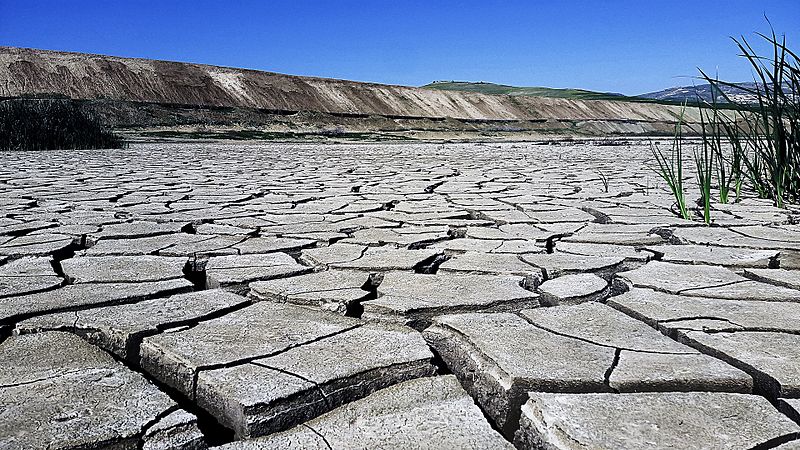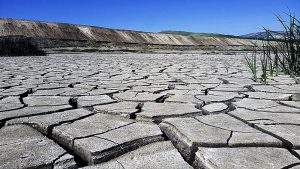Climate deniers often accuse scientists of exaggerating the threats associated with the climate crisis, but if anything they’re often too conservative
Although the results of climate research have been consistent for decades, climate scientists have struggled to convey the gravity of the situation to laypeople outside their field. If anything, the wider public only recently seems to have awakened to the threat of the climate crisis. Why?
In our new book, Discerning Experts: The Practices of Scientific Assessment for Environmental Policy, we attempted to illuminate how scientists make the judgments they do. In particular, we wanted to know how scientists respond to the pressures, sometimes subtle, sometimes overt, that arise when they know that their conclusions will be disseminated beyond the research community – in short, how scientists are affected when they know the world is watching.
We explored these questions with respect to assessments of acid rain, ozone depletion and sea level rise predictions from the west Antarctic ice sheet.
While climate skeptics and deniers often accuse scientists of exaggerating the threats associated with the climate crisis, the available evidence suggests the opposite. By and large, scientists have either been right in their assessments, or have been unduly conservative. We noticed a clear pattern of underestimation of certain key climate indicators, and therefore underestimation of the threat of climate disruption. When new observations of the climate system have provided more or better data, or permitted us to re-evaluate earlier conclusions, the findings for ice extent, sea level rise and ocean temperature have generally been worse than previously thought.
One of the factors that appears to contribute to this trend of underestimation is the perceived need for consensus, or what we call “univocality”: the felt need to speak in a single voice.
Many scientists worry that if they publicly air their disagreement, government officials will conflate their differences of opinion with ignorance and use this as justification for inaction.
Read more: The Guardian





